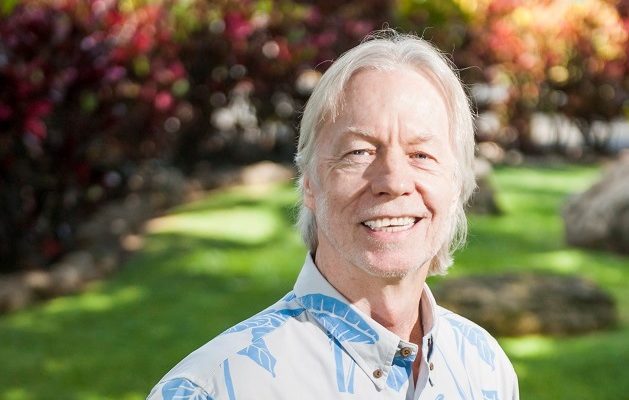
I recently was quoted in an article in Midweek about Hale Kipa’s new campus on Old Fort Weaver Road, as having said that I have never met a youth that I believed was incorrigible. As I think about that, I realize that the perspective that I and I hope we have about the youth that we serve is somewhat different from other people in the community. And that is that adolescence, or adolescent behavior is often difficult to explain, unless of course we remember what we were like when we were that age. I am mindful that as I walk down the street and see people in general, but adolescents in particular, that I have no real idea about their character. Are they “good kids or bad kids?”; are they from a more affluent or less affluent families? I might have some mental models based on how they are dressed, or how they act, or what I perceive to be their race or their cultural background. But frankly almost none of that gives me any real information as to whether they are “good kids or bad kids”, since from my own experience there are individuals from all social economic levels and from all races and cultures and ethnic groups who have behaviors that I personally perceive as better or worse. I hesitate ever to use “bad”. But I also realize that once you know that for instance a youth is receiving services at Hale Kipa or from Family Court or is involved with Child Welfare or the Child and Adolescent Mental Health Division, you may then feel as though you have some basis for “assessing” them or in a less positive sense a basis for “judging” them. But as soon as we apply one of those labels, that immediately triggers a set of impressions, or stored up images or perceptions about that youth. Unfortunately, the majority of the time, those preconceptions are wrong.
We have learned over the years that there are many things that influence a young person. As we became more knowledgeable about the impacts of social determinants of health; things like poverty, unstable housing, or the neighborhood you live in, we became aware that those factors have direct bearing on your physical health. But we also became aware that so many of those things are outside of the control of the adolescents and young adults that we work with at Hale Kipa. And so, I am reminded that it is a responsibility that I have to not allow preconceptions or stereotypes to influence how I meet people and what kinds of expectations that I have with regard to what the conversation or the connection will be like. In a world where individuals identify in terms of their sexual orientation in a wide variety of ways; that is dramatically different than it was when you were routinely identified as either male or female. The world is becoming increasingly complex and I think we as individuals who are inhabitants and citizens of this complex world have a responsibility to evolve our capacities to be open minded, to be curious, and to be welcoming.
I am hopeful that we truly understand that the trials and tribulations of adolescents are difficult enough without imposing labels, and that stereotypes create additional barriers to young people being successful as adults. Adolescence is hard enough, we do not need to make it any harder.




No Comments